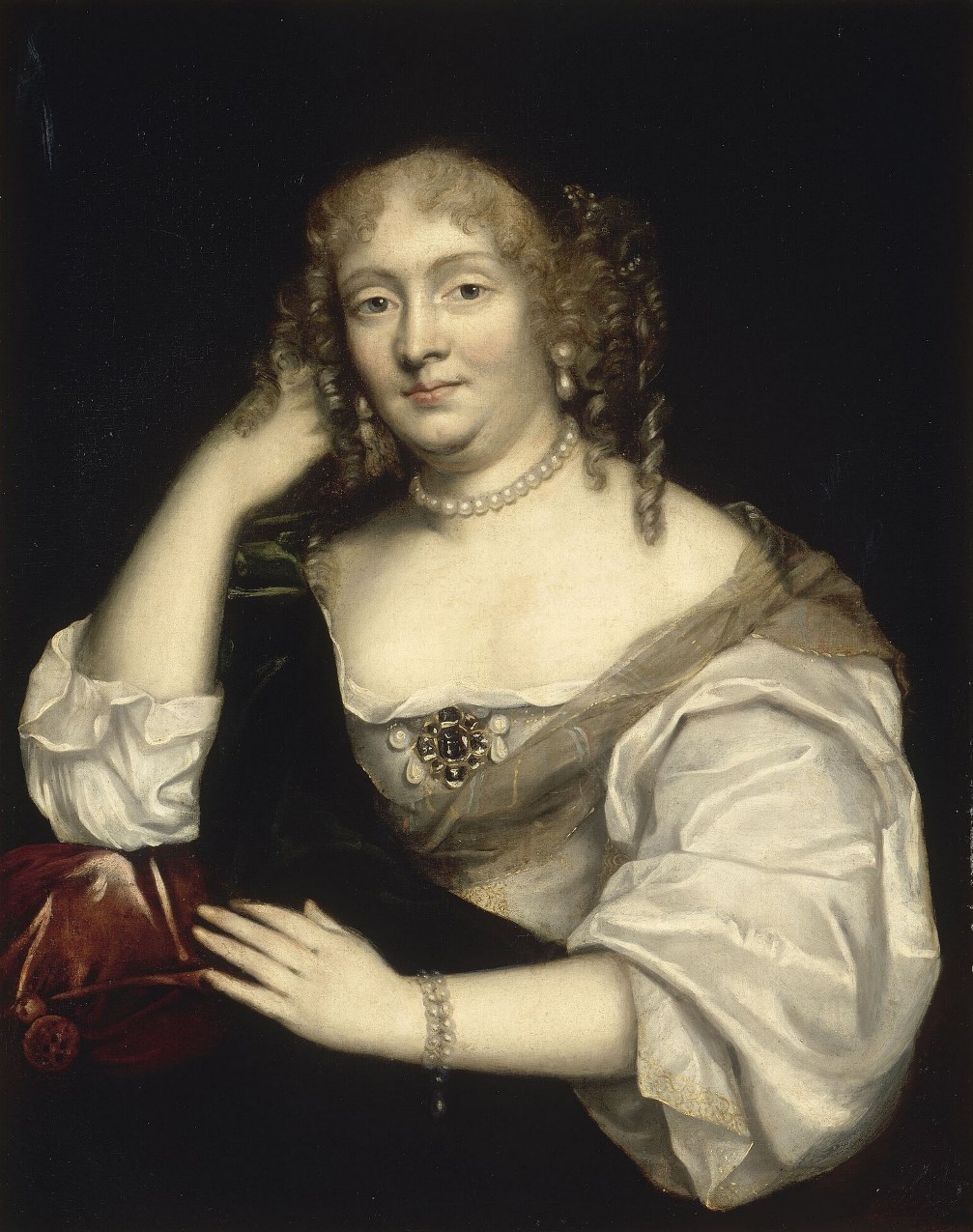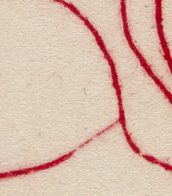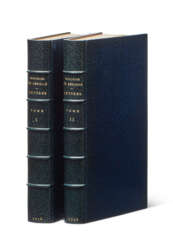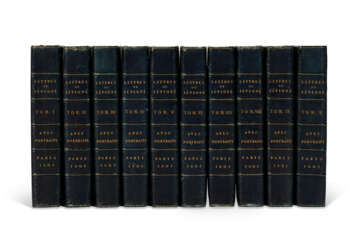мадам де севинье (1626 - 1696)

Marie de Rabutin-Chantal, marquise de Sévigné was a 17th-century French writer of epistolary genre.
Marie came from a noble family, but was orphaned at the age of six and raised by her uncle Philippe II de Coulanges. She received a good education and married Henri de Sévigné in 1644. In 1651 he was killed in a duel, and Madame de Sevigne was left a widow with two children. She led an ordinary social life, and only the marriage of her daughter, painful separation from her and loneliness suddenly revealed in the Marquise literary gift.
Since 1671 for thirty years, Madame de Sévigné wrote to her daughter about 1700 letters, and this correspondence has both historical and literary significance. In her letters, the woman relates current news and events of secular society, describes prominent people, comments on all of these, and reports on the details of her own life. Her letters reflect the intellectual sophistication of the salon culture of the period. Madame de Sévigné also touches on serious philosophical and religious topics, nature, art, morality, and psychology.
Her letters were read out in the salons, passed from hand to hand. Gradually they turned into a collection, the first edition of which was published in 1726, gradually expanding and supplementing. The popularity of the Letters of Madame de Sévigné grew over the years, becoming a source of historical study of the era and language. Francophone educational institutions in many countries around the world have included Sevigné's works in their curricula. The crater Sevigné on Venus is named in her honor.


Marie de Rabutin-Chantal, marquise de Sévigné was a 17th-century French writer of epistolary genre.
Marie came from a noble family, but was orphaned at the age of six and raised by her uncle Philippe II de Coulanges. She received a good education and married Henri de Sévigné in 1644. In 1651 he was killed in a duel, and Madame de Sevigne was left a widow with two children. She led an ordinary social life, and only the marriage of her daughter, painful separation from her and loneliness suddenly revealed in the Marquise literary gift.
Since 1671 for thirty years, Madame de Sévigné wrote to her daughter about 1700 letters, and this correspondence has both historical and literary significance. In her letters, the woman relates current news and events of secular society, describes prominent people, comments on all of these, and reports on the details of her own life. Her letters reflect the intellectual sophistication of the salon culture of the period. Madame de Sévigné also touches on serious philosophical and religious topics, nature, art, morality, and psychology.
Her letters were read out in the salons, passed from hand to hand. Gradually they turned into a collection, the first edition of which was published in 1726, gradually expanding and supplementing. The popularity of the Letters of Madame de Sévigné grew over the years, becoming a source of historical study of the era and language. Francophone educational institutions in many countries around the world have included Sevigné's works in their curricula. The crater Sevigné on Venus is named in her honor.




